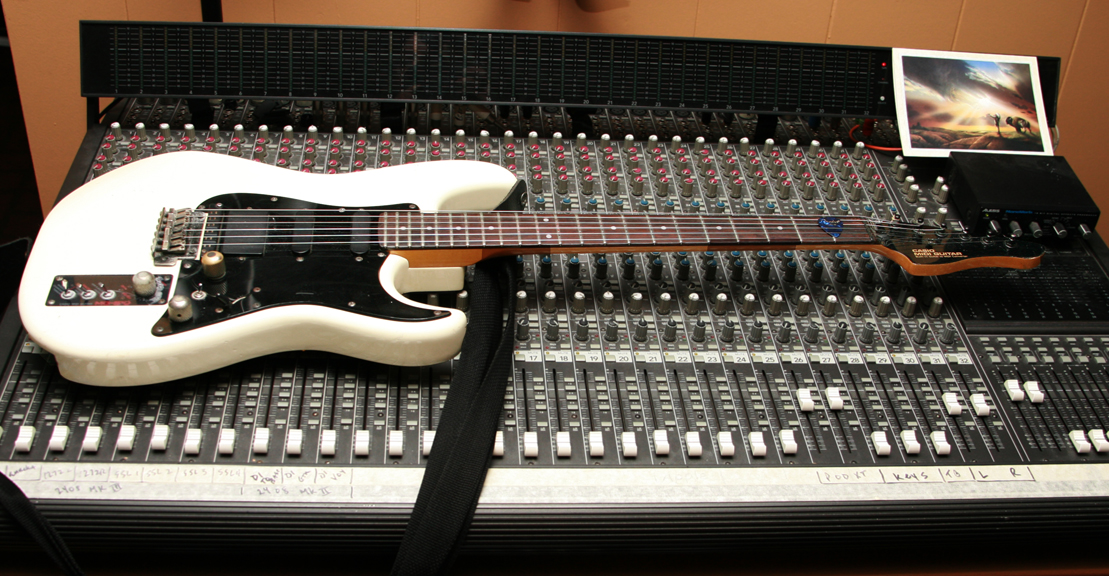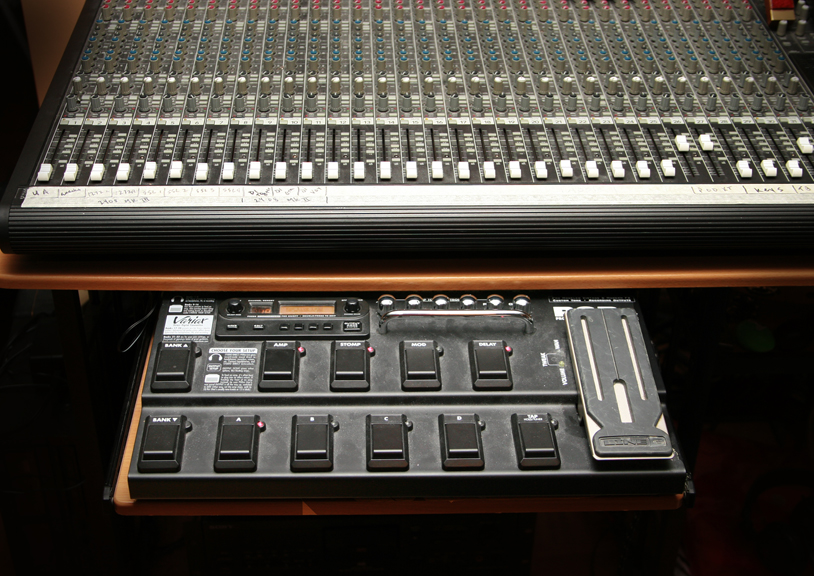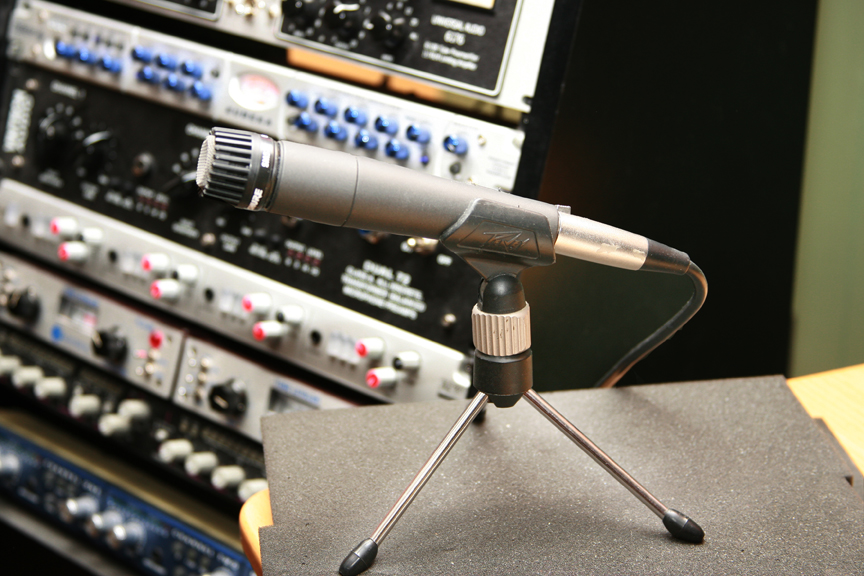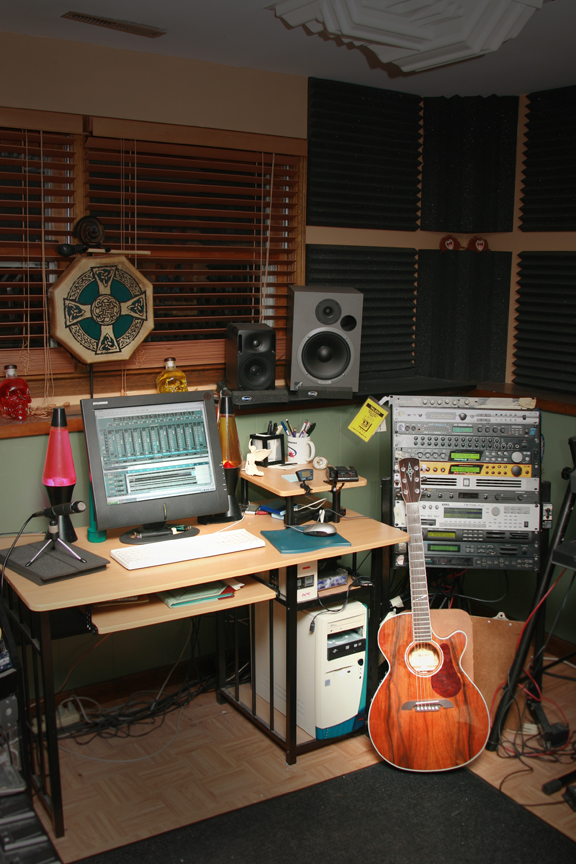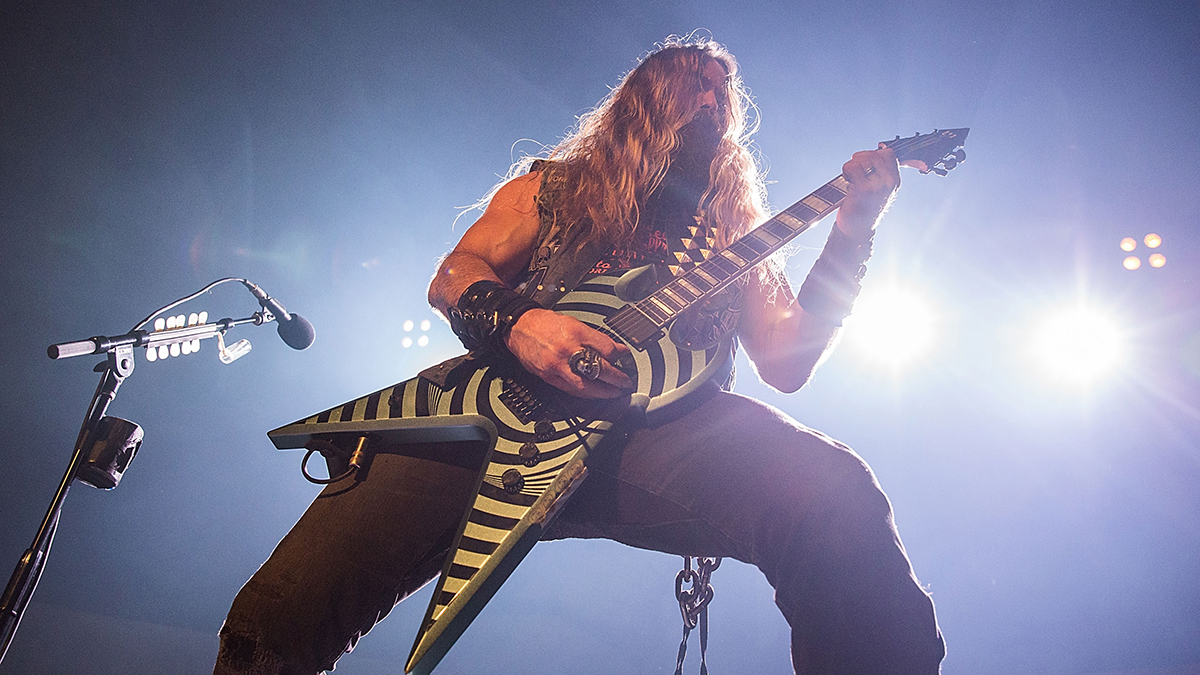Session Guitar: You Don't Need Fancy Gear to Get Started
All the latest guitar news, interviews, lessons, reviews, deals and more, direct to your inbox!
You are now subscribed
Your newsletter sign-up was successful
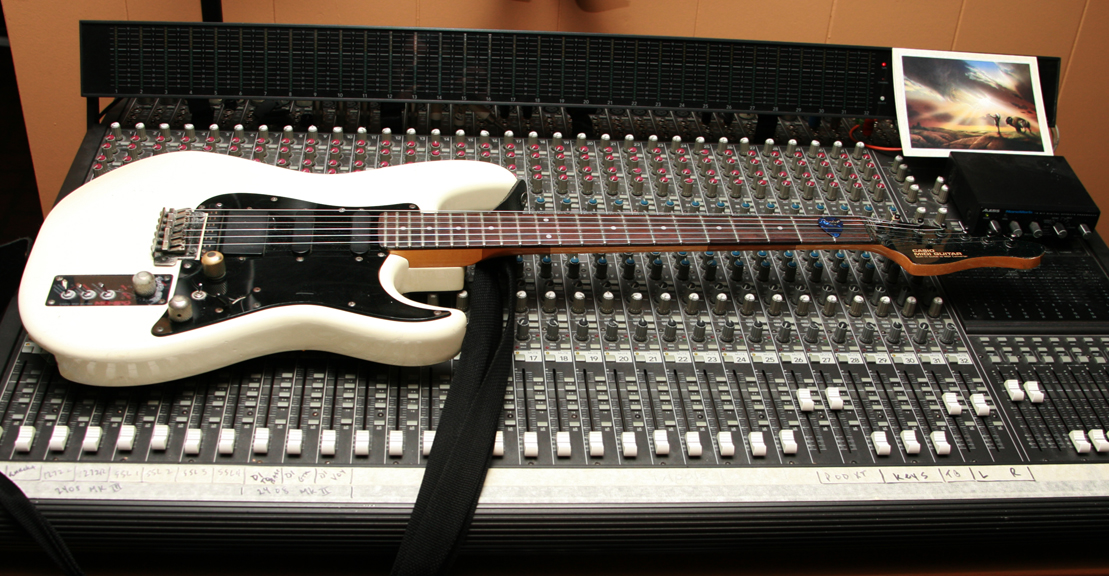
I’ve been a professional studio guy for some 30-odd years. In that time, I’ve learned a few tricks, playing methods and recording techniques I can share with you to make your playing standout and have the client call you back time and time again.
We are in a service business. It is the client’s music, and it is important to deliver what he or she wants. Sometimes, of course, they don’t know what they want, and it’s your job to use your experience and give them some part-appropriate playing.
But even if it isn’t necessarily my favorite type of music, I try to find something in it to make myself and the client happy. Then it is a good day. I have a lot of good days. So can you.
The first and most important thing we must speak about are assets. What are the biggest assets you have and will use on the road to becoming a pro studio guitarist? In order:
- 1. Talent
- 2. Experience
- 3. Ears
- 4. Gear
- 5. Something to record and playback on (for home studio sessions).
I could go on and on about the first three, because they are the most important, but right now I will concentrate this space on gear realities.
You can look online and see a studio kingpin like Tim Pierce working in his home studio with a pile of guitars/pedals/boutique amps/Pro Tools, etc. Serious cash. But he’s a guy who has made it, and he deserves it all.
I have a fairly nice collection of guitars/mics/amps/outboard and software-based thingies, too. Do I use them all, all the time? No. Ninety-nine percent of my work is done on a guitar or two, one amp or modeler, one mic, a PC -- and that’s it!
All the latest guitar news, interviews, lessons, reviews, deals and more, direct to your inbox!
I LOVE my gear. I NEED my gear. I am happy sitting, being surrounded by it. Maybe I have a problem and need a meeting. Maybe. But I wouldn’t go. I’d just end up passing a music store and picking up some guitar therapy. Then go back home to my very understanding wife!
Here’s what I use.
My main studio guitar? A 1985 Casio MG510, Midi-disabled. One humbucker, two single coils, solid tone. It can sound like any guitar. $400 or less, used. Line 6 Pod XT Live, $400. Alvarez acoustic guitar -- you guessed it -- $400 bucks. SM57 mic, $80.
So for less than 2G’s, you can really cover a lot of bases. It’s not the wand, it’s the magician. Check out my video below to hear what a few simple tools can do.
Till next time …
Ron Zabrocki on Ron Zabrocki:I’m a session guitarist from New York, now living in Connecticut. I started playing at age 6, sight reading right off the bat. That’s how I was taught, so I just believed everyone started that way! I could pretty much sight read anything within a few years, and that aided me in becoming a session guy later in life. I took lessons from anyone I could and was fortunate enough to have some wonderful instructors, including John Scofield, Joe Pass and Alan DeMausse. I’ve played many jingle sessions, and even now I not only play them but have written a few. I’ve “ghosted” for a few people that shall remain nameless, but they get the credit and I got the money! I’ve played sessions in every style, from pop to jazz.
